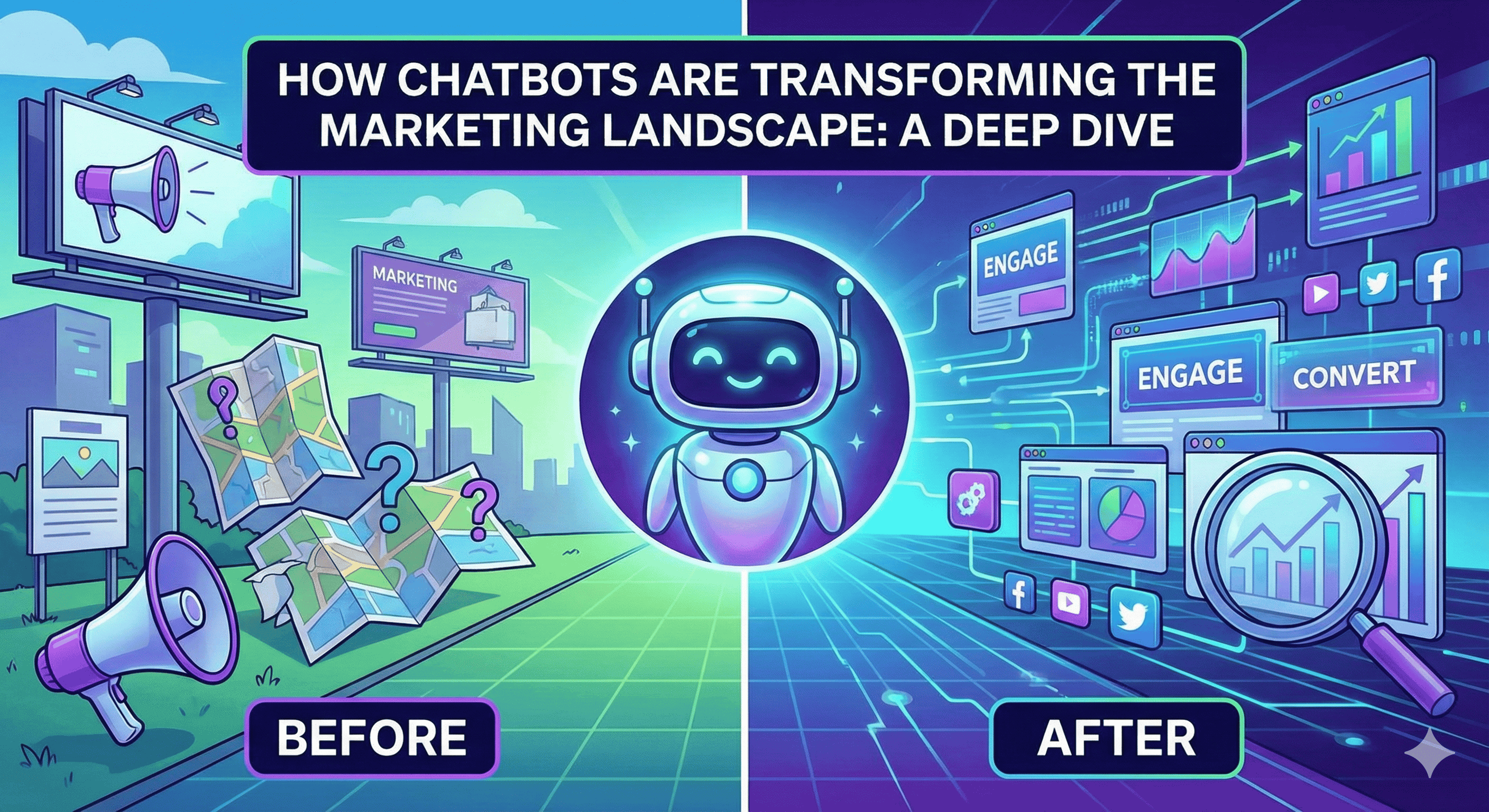In today’s data-driven world, businesses generate vast amounts of information daily. From customer transactions to social media interactions, these data reservoirs hold latent insights waiting to be unlocked. Enter artificial intelligence (AI), a game-changer in consumer targeting, transforming raw data into actionable decisions that enhance marketing effectiveness, personalize consumer interactions, and drive business growth.
Understanding Consumer Behavior Through Data
Understanding consumer behavior is crucial for any business aiming to thrive in a competitive landscape. Traditional methods relied heavily on demographic data—age, gender, income level—but often missed the nuances of individual preferences and behaviors. AI enables organizations to sift through massive datasets, uncover patterns, and predict future behavior based on past actions.
Machine Learning and Predictive Analytics
At the heart of AI’s transformative power is machine learning, which allows algorithms to learn from data and improve over time. By analyzing historical data, machine learning models can identify trends that inform marketing strategies. For example, predictive analytics can forecast which products a consumer is likely to purchase next, enabling businesses to present targeted offers when they are most likely to convert.
Personalization at Scale
One of AI’s standout capabilities is its ability to facilitate hyper-personalization. In the age of information overload, consumers expect tailored experiences. AI tools analyze individual behavior—such as website visits, purchase history, and social media interactions—to create personalized marketing messages and recommendations.
Dynamic Pricing and Offers
AI also empowers businesses to implement dynamic pricing strategies based on consumer behavior and market trends. By analyzing real-time data, companies can adjust prices or offers to maximize sales or inventory turnover, ensuring they remain competitive while catering to consumer demands.
Optimizing Marketing Strategies
Data-driven decision-making is essential for optimizing marketing strategies. AI can segment audiences more accurately than traditional methods, ensuring that marketing efforts reach the most relevant consumers. By leveraging insights from AI, businesses can develop targeted campaigns that resonate with specific consumer segments, leading to higher engagement rates and return on investment.
Content Recommendation Systems
Streaming services and e-commerce platforms like Netflix and Amazon utilize AI-driven recommendation engines to enhance consumer engagement. These systems analyze user interactions to offer relevant content and product suggestions based on individual preferences, increasing the likelihood of conversion.
Enhancing Customer Engagement
AI tools also play a significant role in enhancing customer engagement through chatbots and virtual assistants. These technologies provide real-time support and personalized interactions, creating seamless customer experiences. They can analyze customer queries and feedback, allowing businesses to respond quickly and effectively to consumer needs.
Reputation Management
AI helps businesses manage their online reputation by monitoring social media and review platforms for sentiment analysis. By understanding public perception, companies can adjust their strategies and address concerns proactively, ensuring a positive brand image.
Ethical Considerations in Consumer Targeting
While the benefits of AI in targeting consumers are substantial, they come with ethical considerations. Data privacy is a growing concern for consumers, and businesses must navigate regulations like GDPR to protect customer information. Transparency in how data is used and communicated can build trust and maintain customer loyalty.
The Future of AI in Consumer Targeting
As technology continues to advance, the future of AI in consumer targeting looks promising. Innovations in deep learning and natural language processing are set to further enhance how businesses understand and engage with consumers. Furthermore, as AI systems become more sophisticated, their ability to anticipate trends and consumer needs will only improve, offering competitive advantages to early adopters.
Conclusion
The fusion of AI and consumer targeting signifies a paradigm shift in how businesses approach their marketing strategies. By transforming data into decisions, organizations can enhance personalization, optimize engagement, and ultimately drive growth. However, it is crucial to approach this powerful tool ethically, cultivating trust and transparency with consumers. Moving forward, businesses that harness the potential of AI while prioritizing ethical considerations will likely lead the way in the competitive marketplace.








